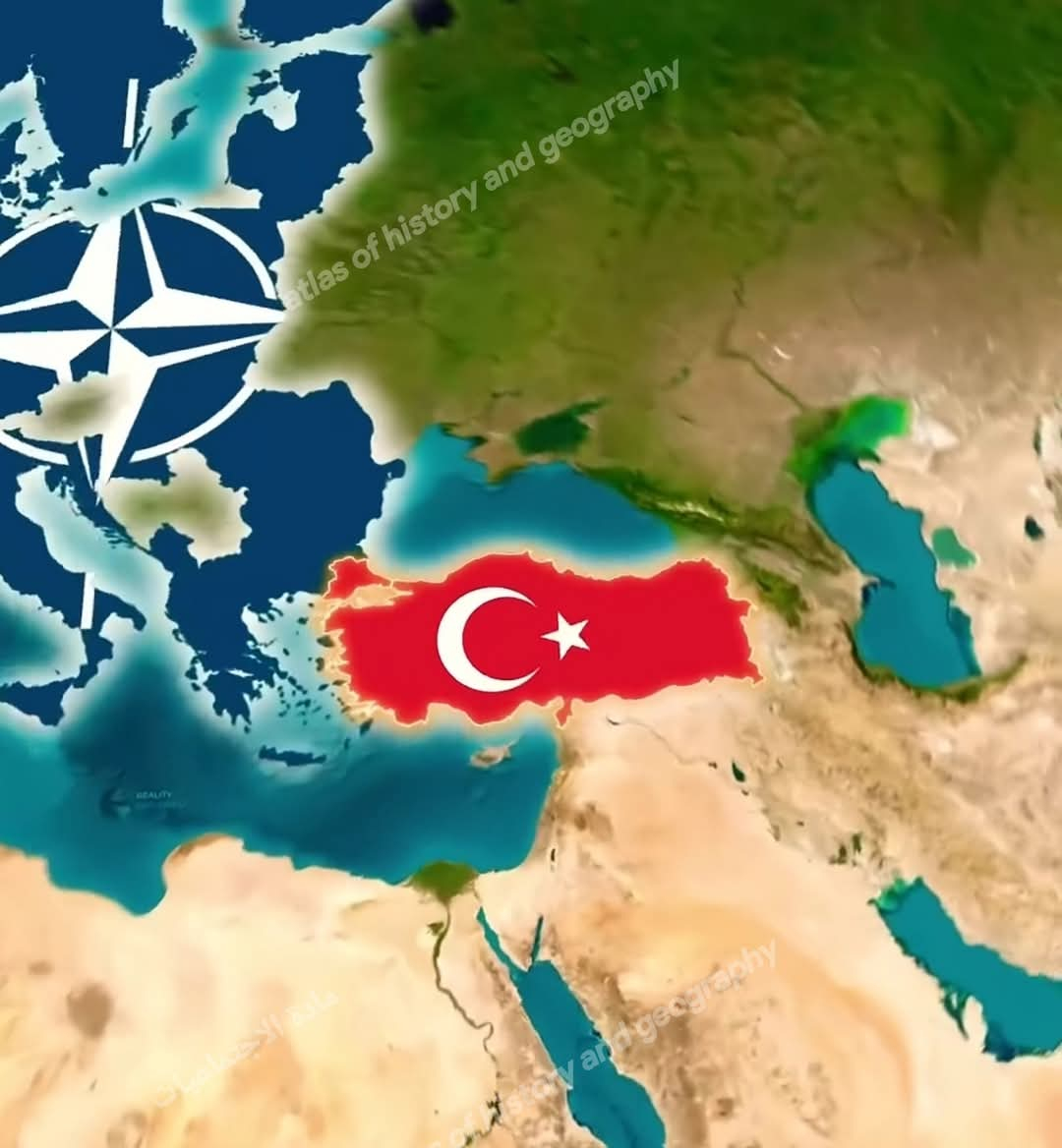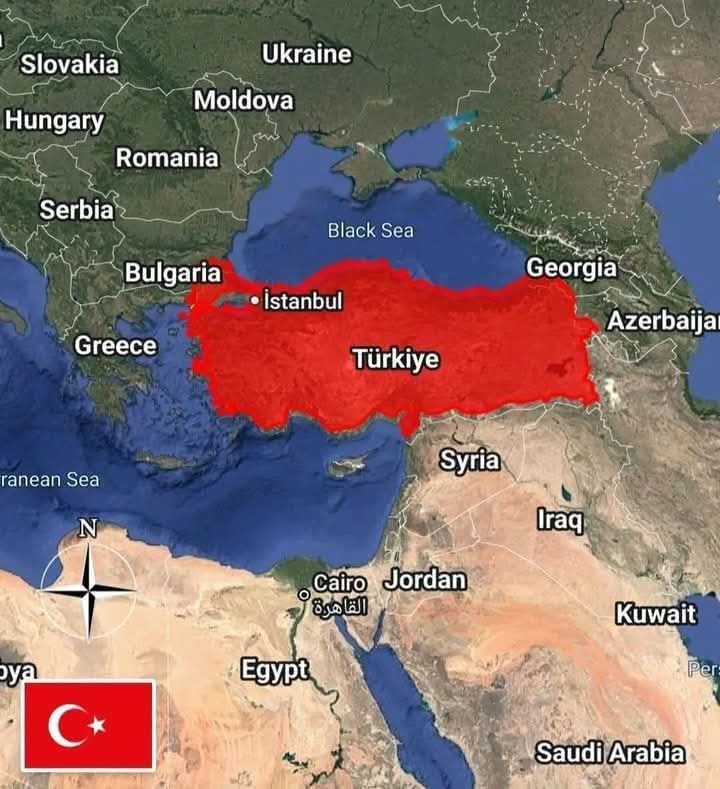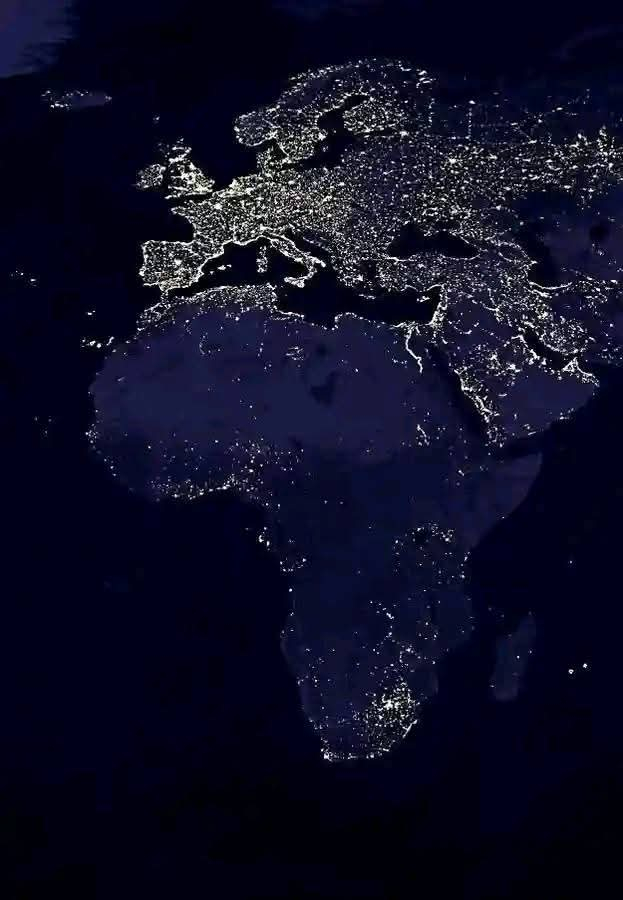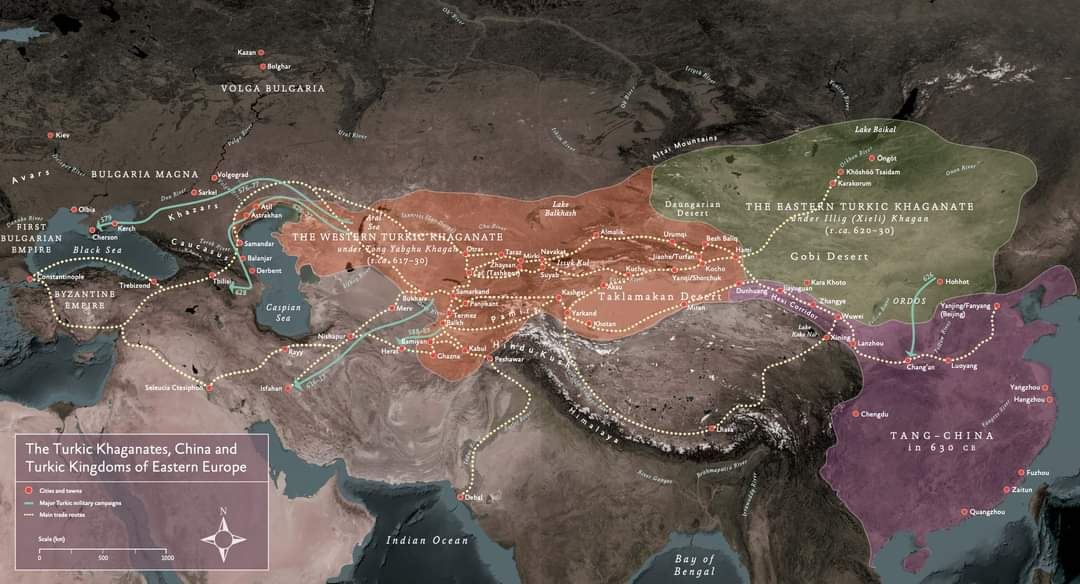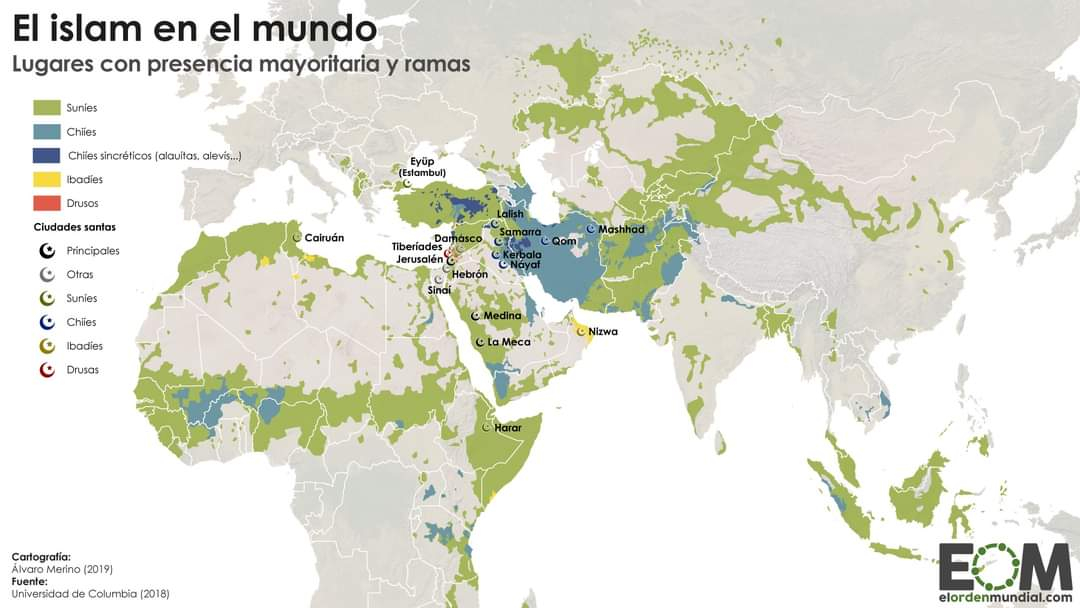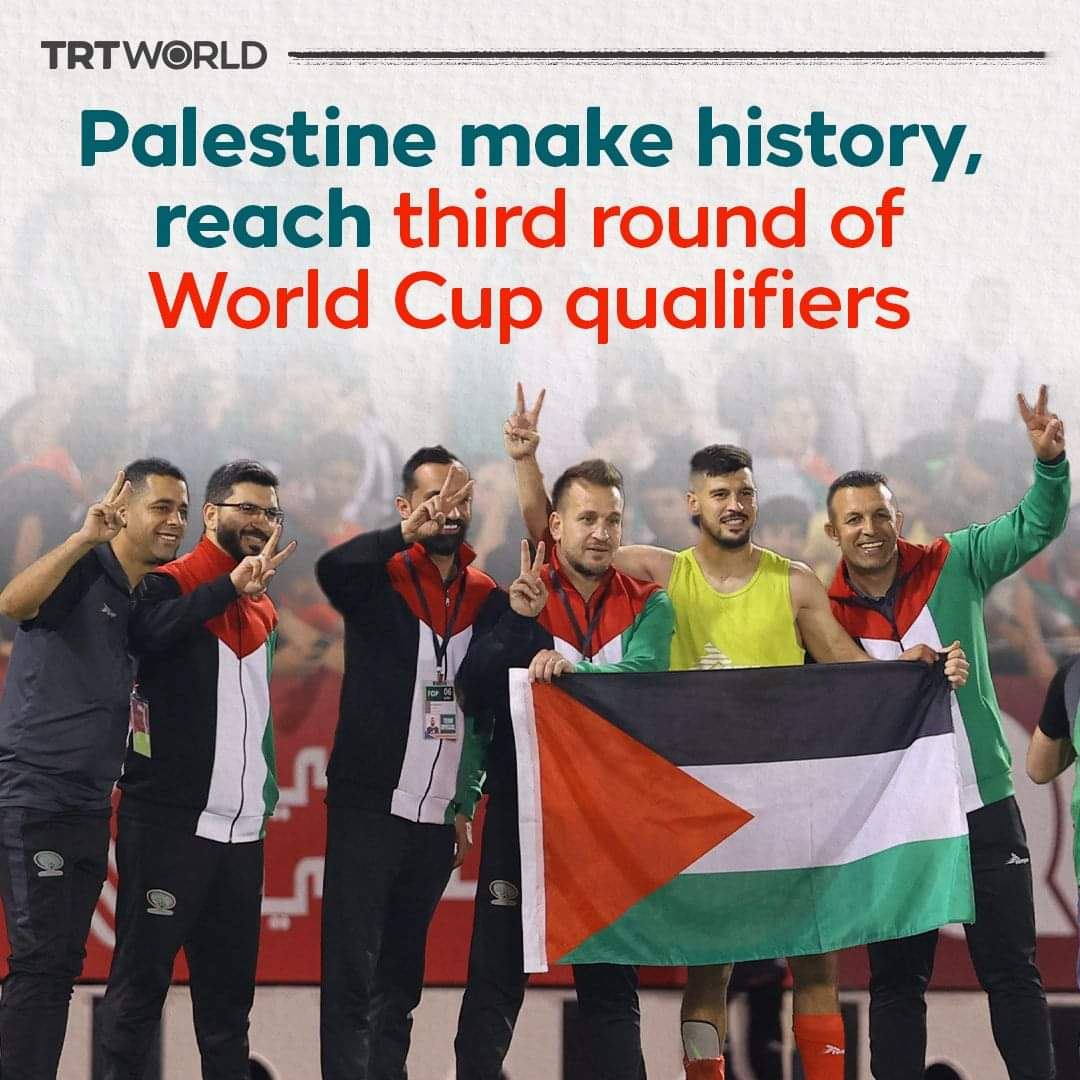Turkey: The Golden Bridge Between East and West
1. Location & Area
Turkey spans both Asia and Europe, with a total area of approximately 783,562 km², making it one of the largest countries in the region.
2. Land of Geographical Diversity
From Mediterranean coastlines to Anatolian mountains, Turkey offers rich landscapes and diverse cultures.
3. Ottoman Heritage & Modern Civilization
With deep roots in the Ottoman Empire, Turkey is filled with historic landmarks like Hagia Sophia and Topkapi Palace.
4. Population
Turkey has about 85 million people, mainly concentrated in Istanbul, Ankara, and Izmir.
5. A Vibrant and Growing Economy
Its economy is based on industry, tourism, and agriculture, and is considered one of the world’s leading emerging markets.
6. A Regional Transport Hub
Turkey acts as a key transport link between Europe and Asia, with modern airways and high-speed rail networks.
7. A Unique Cultural Identity
It blends modernity with Islamic traditions, offering a mix of cuisines, arts, and customs from both East and West.
8. Sports & Entertainment
Football is the most popular sport, with iconic clubs like Galatasaray and Fenerbahçe based in Istanbul.
9. Advanced Education & Top Universities
Turkey attracts international students, especially in fields like medicine, engineering, and political science.
#Turkey #Istanbul #Anatolia
1. Location & Area
Turkey spans both Asia and Europe, with a total area of approximately 783,562 km², making it one of the largest countries in the region.
2. Land of Geographical Diversity
From Mediterranean coastlines to Anatolian mountains, Turkey offers rich landscapes and diverse cultures.
3. Ottoman Heritage & Modern Civilization
With deep roots in the Ottoman Empire, Turkey is filled with historic landmarks like Hagia Sophia and Topkapi Palace.
4. Population
Turkey has about 85 million people, mainly concentrated in Istanbul, Ankara, and Izmir.
5. A Vibrant and Growing Economy
Its economy is based on industry, tourism, and agriculture, and is considered one of the world’s leading emerging markets.
6. A Regional Transport Hub
Turkey acts as a key transport link between Europe and Asia, with modern airways and high-speed rail networks.
7. A Unique Cultural Identity
It blends modernity with Islamic traditions, offering a mix of cuisines, arts, and customs from both East and West.
8. Sports & Entertainment
Football is the most popular sport, with iconic clubs like Galatasaray and Fenerbahçe based in Istanbul.
9. Advanced Education & Top Universities
Turkey attracts international students, especially in fields like medicine, engineering, and political science.
#Turkey #Istanbul #Anatolia
Turkey: The Golden Bridge Between East and West
1. 🗺️📏 Location & Area
Turkey spans both Asia and Europe, with a total area of approximately 783,562 km², making it one of the largest countries in the region.
2. 🇹🇷🏞️ Land of Geographical Diversity
From Mediterranean coastlines to Anatolian mountains, Turkey offers rich landscapes and diverse cultures.
3. 🕌🏛️ Ottoman Heritage & Modern Civilization
With deep roots in the Ottoman Empire, Turkey is filled with historic landmarks like Hagia Sophia and Topkapi Palace.
4. 👥📊 Population
Turkey has about 85 million people, mainly concentrated in Istanbul, Ankara, and Izmir.
5. 💹🏗️ A Vibrant and Growing Economy
Its economy is based on industry, tourism, and agriculture, and is considered one of the world’s leading emerging markets.
6. ✈️🚅 A Regional Transport Hub
Turkey acts as a key transport link between Europe and Asia, with modern airways and high-speed rail networks.
7. 🕌🧕 A Unique Cultural Identity
It blends modernity with Islamic traditions, offering a mix of cuisines, arts, and customs from both East and West.
8. ⚽🎭 Sports & Entertainment
Football is the most popular sport, with iconic clubs like Galatasaray and Fenerbahçe based in Istanbul.
9. 🧠🎓 Advanced Education & Top Universities
Turkey attracts international students, especially in fields like medicine, engineering, and political science.
#Turkey #Istanbul #Anatolia
0 Comments
0 Shares


